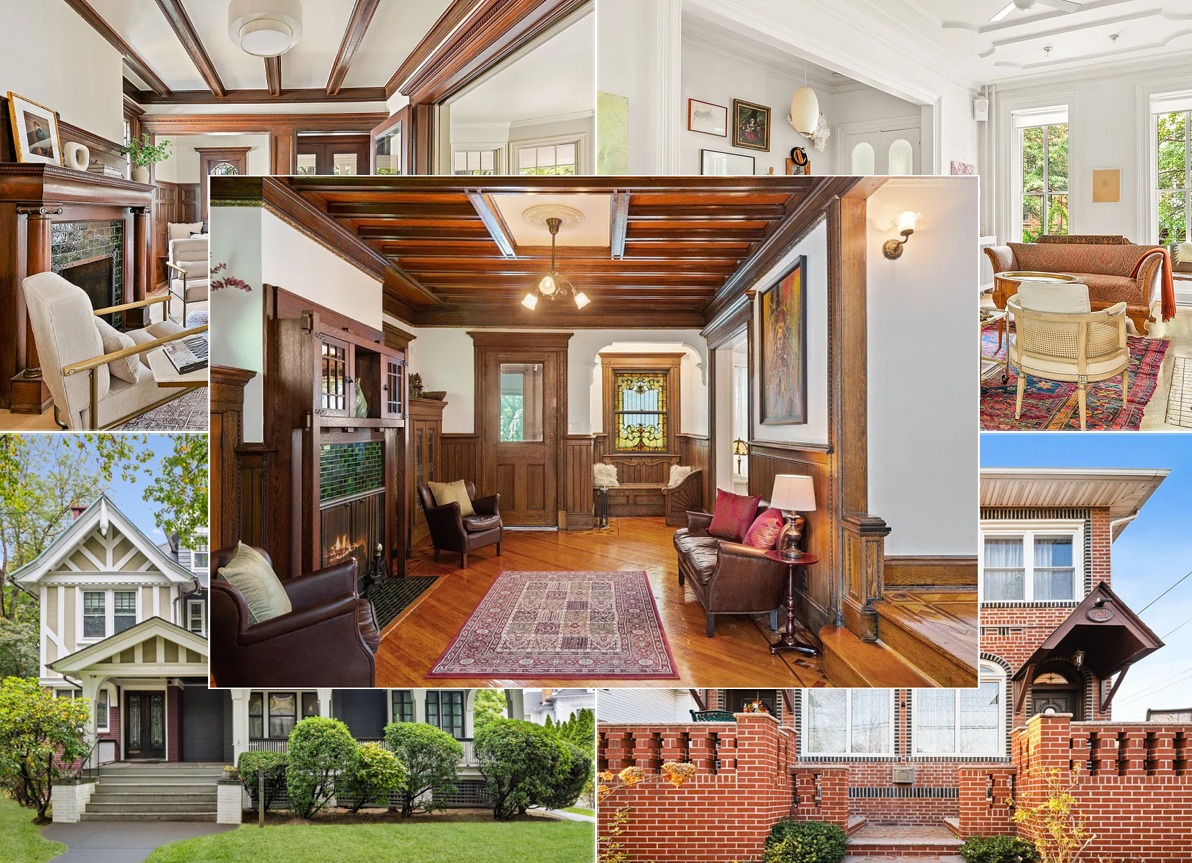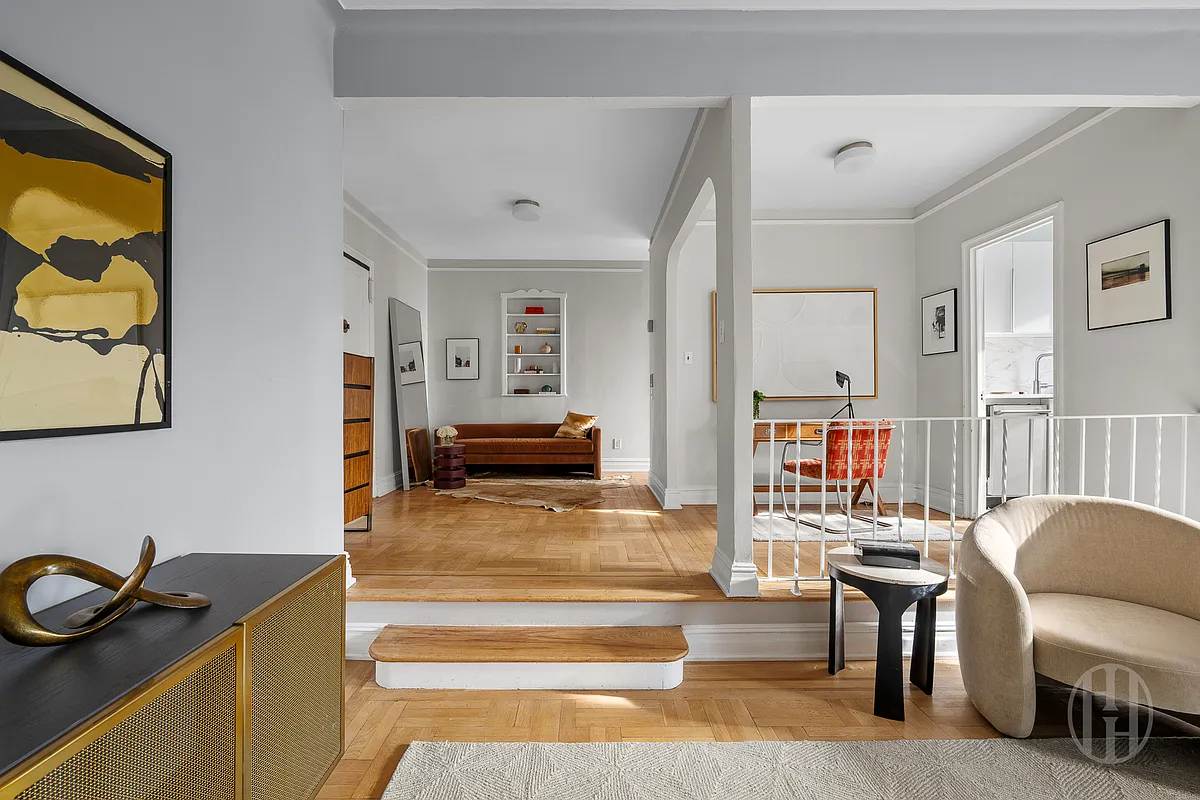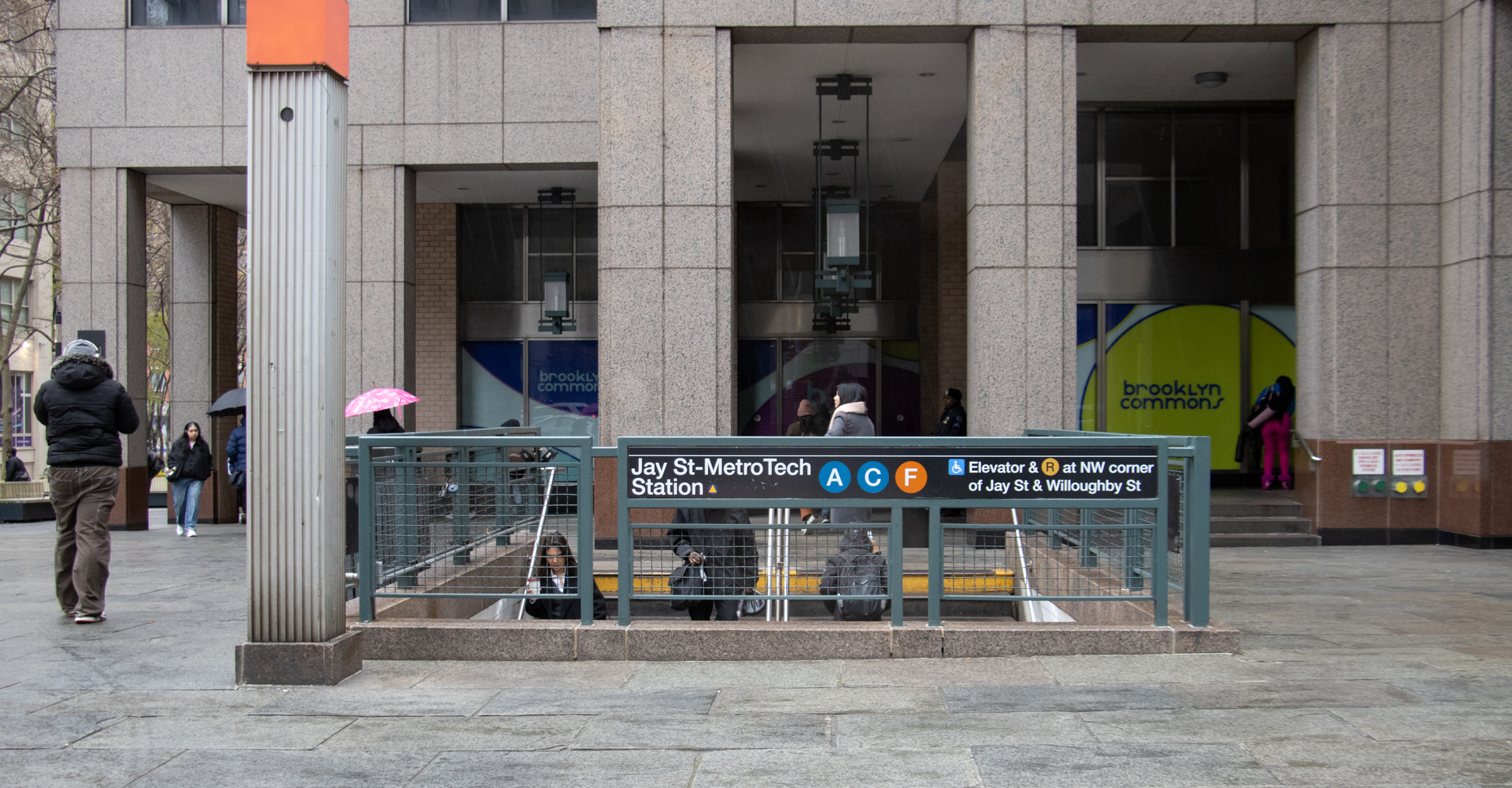House of the Day: 145 Bergen Street
From what we hear, the market for nice houses in Boerum Hill is still pretty tight. And compared to some houses in the area that have been on the market recently, the $2,000,000 asking price for 145 Bergen is not particularly high. That said, there are too many question marks with this place to feel…


From what we hear, the market for nice houses in Boerum Hill is still pretty tight. And compared to some houses in the area that have been on the market recently, the $2,000,000 asking price for 145 Bergen is not particularly high. That said, there are too many question marks with this place to feel optimistic about its chances of selling at this price. The house had its last major makeover back in 1968 and, given the fact that it’s a four-family rental, it’s unlikely that the interiors are in great shape. (The lack of photos lends credence to that theory.) Has anyone been inside this place?
145 Bergen Street [Craigslist] GMAP P*Shark





@ 5:12 – any don’t mind losing it, or are very optimistic about selling the Brooklyn Bridge to the next guy.
“I hate to say it but this is the time to buy in the suburbs. The city is over-inflated at the moment. There are few bargains.”
You REALLY need to read the article that 4:11 posted.
BADLY.
http://www.theatlantic.com/doc/200803/subprime
Don’t sigh. People who have more money to afford to buy it and renovate it to live in aren’t you. It’s ok – you earn more than a lot of other people. Just becasue these brownstones are nice doesn’t mean everybody needs to live in one. I like ’em, but I like a lot of things I don’t (and won’t ever) have. Feel good about the life and home you have.
Others will buy it to rent out, and depending on where prices go (an unknown, really) may do well on the investment, or may (likely) do poorly. That’s their choice, and one you would not make.
Paying rent or paying interest to the bank — the money is just as gone either way.
The only way you make money owning is if the price of the building goes up. It’s not about “not throwing your money away”. It’s about buying low and selling high.
Right now, owners pay about double what it would cost to rent. Owners in Brownstone Brooklyn pay about 3 times what they’d pay in nice suburbs. Housing prices have gone up at historically unprecedented rates for 5 years. None of these are indicators that prices are low.
If you are buying to INVEST, the question is where the new value is going to come from:
(1) Owners will pay a higher premium to own. That’s mainly what’s driven the prices of the last boom. Even at the peak of the 1980s boom, owners expected to pay LESS than renters for the same house in NYC. Now new buyers pay way more. So how much higher do you think the premium for owning is going to go?
(2) NYers will pay a higher premium to live in Boerum Hill instead of S. Orange or Westchester. Some premium — obviously. But ever increasing premiums? At some point, either the suburbs or Boston/LA/SF/Chicago/Philadelphia will start to look reasonably priced even relative to the extensive charms of Brooklyn.
(3) Supply is going to disappear or demand is going to soar. The number of upper middle class or better housing units in Brownstone Brooklyn has soared in the last few years, through renovations, expansion of the acceptable areas to live, conversions of non-residential buildings, decontrol and new construction. And there are still plenty of people who paid nothing who might conclude that selling out at $2m would finance a pretty nice early retirement in Vermont, the North Shore, or Italy, and plenty of renters who can be forced out by owners willing to do more nasty work than this seller is. So supply isn’t going away. Demand is up, but the days of rapid Wall St growth are taking a break at least. How is demand going to increase faster than supply?
(4) Rents are going to go up enough to rescue current prices. Rents are going to go up. Inflation does that. But they can’t go up much faster than income, because there is a limit to how much people are willing to double-up. And income hasn’t gone up for 85% of the population for 2 decades. So if this is your theory, better make sure you are in a super luxury market. And that the Wall Streeters continue to make money — and continue to want to rent!
“but every time I say “they’ll never get that price!” it goes over asking.”
EXXXACTLY!!!
so clearly some people have more money than you all think they do.
I live in the area, and $2 mil strikes me as high. As above posters have stated, both intelligently and not, purchasing it for rental income alone doesn’t justify the price. Someone would purchase it to live in, either a duplex or triplex/simplex with some rental income supplement, or whole house. That requires some major renovation. $400,000 at least!
It’s a nice block, but it has a bus that runs along it, 24/7. $2.4 million, plus the headache of renovation, strikes me as high, but every time I say “they’ll never get that price!” it goes over asking.
Sigh.
“If you were completely in love with this neighborhood, you could manage that (barely) on an income of somewhat over $500,000, if you don’t have kids in private school and you are willing to live (otherwise) as if you were making $100k.”
Hear, hear. This is exactly right. If you make $500K a year, you can afford to spend $12K a month on a Boerum Hill property if you don’t mind living day-to-day like you make a lot less. But is that really the point of being rich? So you can buy a house on Bergen St. and have to live in okay fashion?
who cares what you can afford.
just buy it!!!!
it’s brooklyn!!! yay!
The amount of misinformed crap on this site is just astounding.
“You can’t find a studio for 1800 a month.” In Boerum Hill or Carroll Gardens? What a joke. There are piles of nice one-bedrooms for anywhere between $1800-$2100 in those neighborhoods. As for 4:18’s idiotic “Rents aren’t going down anytime soon” — rents in Brooklyn have risen much less than housing prices over the past five years. Just do the math: that means that, relative to buying, renting is a lot cheaper today than it was five years ago. It also means that people who buy today aren’t going to be able to earn back their investment via rents.
Everyone always says that renting “makes other people richer.” In the decade I’ve lived in Brooklyn, I’ve lived in two gorgeous apartments in two great neighborhoods. I’ve paid somewhere between $170K-$200K in rent, while building, via investing, savings in the high six figures, and zero debt. Now, I know that doesn’t make me rich, but I don’t see any evidence that my landlords are getting wealthy off me. I’ve spent zero dollars in interest, and buying places that were as nice as the ones I’ve lived would have cost at least $500K over ten years, versus the $170K I’ve spent. There’s no question that buying in the late 1990s or early 2000s would have been a great investment. But that doesn’t mean real estate is always the right investment, let alone that buying real estate after the biggest price run-up in NYC history is the right investment.